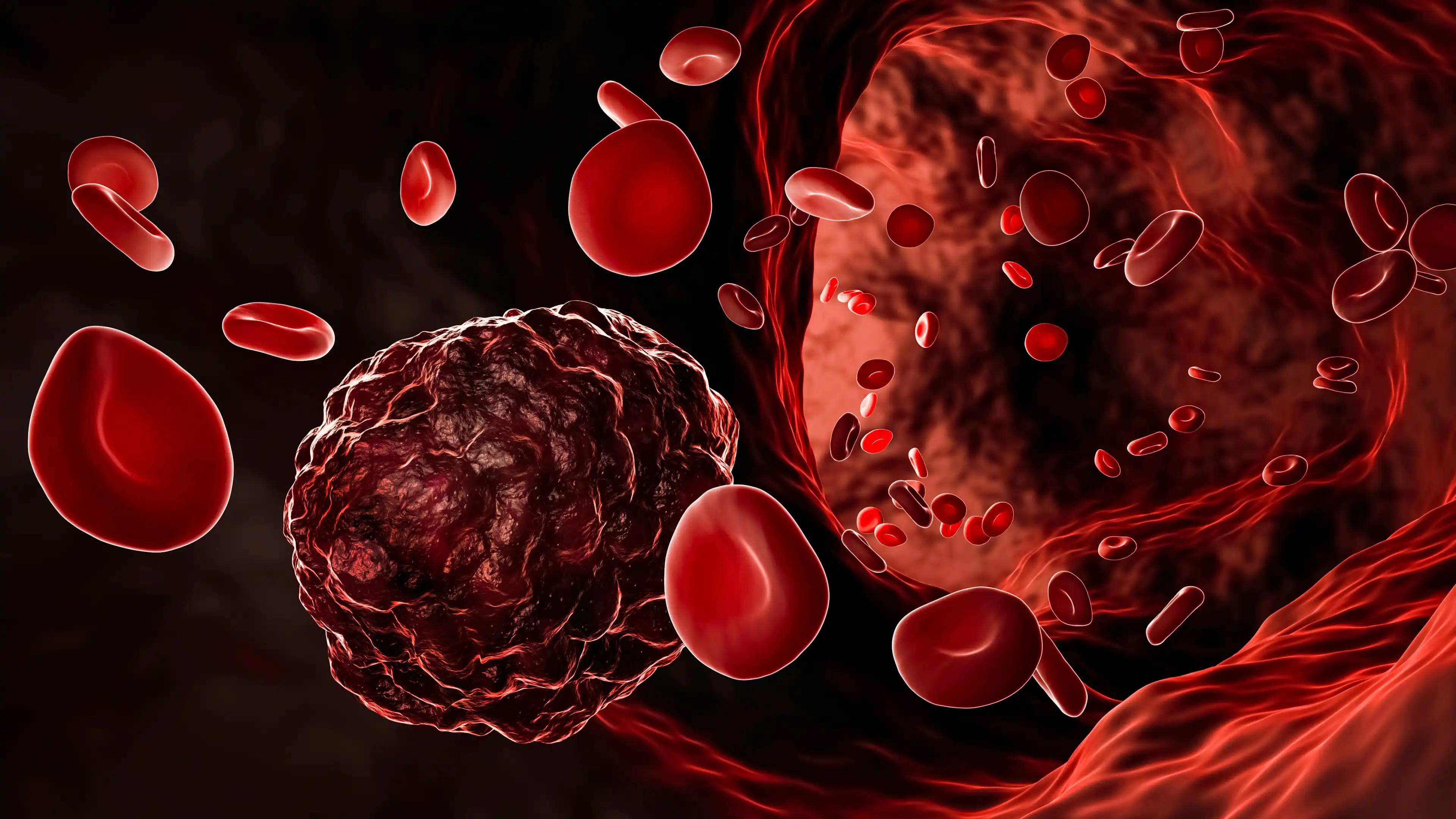KEY TAKEAWAYS
- The study aimed to investigate the efficacy of CD19-targeted CAR T cells in treating secondary CNS involvement in aggressive B cell lymphoma.
- Researchers noticed successful expansion and homing of CD19-targeted CAR-T cells into the CNS in SCNSL patients.
Aggressive B cell lymphoma with secondary central nervous system (CNS) involvement (SCNSL) is associated with a poor prognosis. While chimeric antigen receptor (CAR) T cells targeting CD19 have significantly advanced the treatment of B cell lymphomas, successful cases specifically addressing CNS manifestations remain limited.
Kathryn Kline and the team aimed to assess the efficacy of CD19-targeted CAR-T cells in treating secondary CNS involvement in aggressive B cell lymphoma and explore factors influencing CNS infiltration and toxicity for potential therapeutic optimization.
Researchers performed an inclusive analysis, prospectively enrolling 4 patients with SCNSL into the study to assess clinical responses and monitor T cell immunity.
About 2 out of 4 SCNSL patients responded to CD19-targeted CAR-T therapy. Only 1 patient exhibited a significant expansion of peripheral CAR-T cells, nearly 100-fold within the first week post-treatment. However, this patient also experienced marked neurotoxicity and disease progression despite continuous CD19 expression on lymphoma cells and accumulation of CD4+ central memory-type CAR-T cells in the CNS.
The study suggested that local production of chemokine IP-10, potentially mediated through CXCR3 receptor on a patient’s CAR-T cells, could have influenced the local accumulation of functionally suboptimal anti-tumor T cells.
The study concluded that expansion and homing of CAR-T cells into the CNS in SCNSL patients were observed. Local production of chemokines such as IP-10 may facilitate CNS infiltration by CAR-T cells while potentially exacerbating local toxicity. Future investigations into CAR-T numbers, phenotype, and function across various body compartments in SCNSL patients could enhance local delivery of highly tumor-reactive CAR-T cells with reduced off-target reactivity into the CNS.
This study was funded by the Kahlert Foundation, the Maryland Department of Health’s Cigarette Restitution Fund Program, and the National Cancer Institute
Source: https://pubmed.ncbi.nlm.nih.gov/38349430/
Kline K, Luetkens T, Koka R, et al. (2024). “Treatment of secondary CNS lymphoma using CD19-targeted chimeric antigen receptor (CAR) T cells. Cancer Immunol Immunother.” 2024 Feb 13;73(3):45. doi: 10.1007/s00262-023-03619-9. PMID: 38349430; PMCID: PMC10864416.



